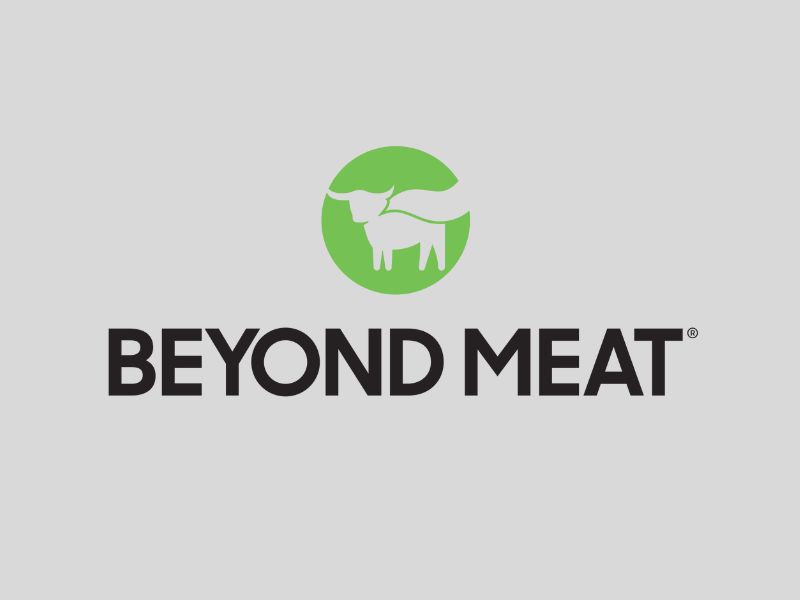The rise of green and sustainable businesses is a response to growing concerns over climate change, environmental degradation, and the unsustainable use of natural resources. Today, more entrepreneurs are choosing to incorporate eco-friendly practices into their business models, not only for the environmental benefits but also because it appeals to a growing segment of consumers who prioritize sustainability. This blog will delve into what green businesses are, their benefits, examples of successful green businesses, and how entrepreneurs can establish their own sustainable ventures.
What is a Green Business?

A green business, also known as a sustainable business, is a company that aims to minimize its negative impact on the environment and society. These businesses adopt practices that promote ecological balance, conserve resources, and reduce pollution. They often focus on creating products or services that are environmentally friendly, using renewable resources, and implementing sustainable operations.
Green businesses consider the full lifecycle of their products—from sourcing raw materials to production, packaging, distribution, and disposal—with the goal of reducing their carbon footprint and overall environmental impact.
Why Are Green and Sustainable Businesses Important?
- Environmental Protection: Green businesses help protect the environment by reducing pollution, conserving energy and water, and promoting the use of renewable resources. This reduces the negative impact on ecosystems and biodiversity.
- Climate Change Mitigation: By adopting sustainable practices such as reducing carbon emissions and using clean energy, green businesses contribute to the fight against climate change. In 2020, businesses were responsible for nearly one-third of global carbon emissions, highlighting the need for change in corporate practices.
- Consumer Demand: Consumers are increasingly aware of the environmental impact of their purchasing decisions. Many are willing to pay more for products and services from businesses that are committed to sustainability. According to a 2021 study by IBM, nearly 6 in 10 consumers are willing to change their purchasing habits to reduce environmental impact.
- Regulatory Compliance: Governments worldwide are implementing stricter regulations on carbon emissions, waste management, and resource use. Green businesses are better prepared to comply with these regulations, reducing the risk of legal issues and penalties.
- Long-Term Profitability: Sustainable practices can lead to long-term cost savings through energy efficiency, waste reduction, and more efficient use of resources. Green businesses often find that their sustainable practices not only benefit the planet but also their bottom line.
Key Characteristics of Green Businesses
Green businesses distinguish themselves by embedding sustainability into every aspect of their operations. Some of the key characteristics include:
- Use of Renewable Resources: Green businesses prioritize using materials and energy sources that are renewable and sustainable, such as solar power, wind energy, or biodegradable materials.
- Energy Efficiency: These businesses focus on reducing energy consumption through innovative practices like green building design, energy-efficient appliances, and smart technology.
- Waste Reduction: Minimizing waste is a central tenet of green businesses. They implement strategies to reduce, reuse, and recycle materials, aiming for zero waste.
- Sustainable Sourcing: Green businesses work with suppliers who follow ethical and sustainable practices, ensuring that raw materials are sourced in a way that minimizes environmental impact and supports fair trade.
- Ethical Treatment of Workers: Sustainability goes beyond environmental impact—it also encompasses social responsibility. Green businesses ensure fair wages, safe working conditions, and respect for human rights throughout their supply chain.
Examples of Successful Green and Sustainable Businesses
Numerous businesses around the world have successfully adopted green practices and built sustainable brands. Here are some notable examples:

Patagonia
Patagonia is a leading example of a green business that has integrated sustainability into every aspect of its operations. The outdoor clothing company uses recycled materials, promotes fair labor practices, and encourages customers to repair and reuse products rather than buying new ones. Patagonia donates 1% of its sales to environmental causes and has a long-term commitment to reducing its carbon footprint.

Tesla
Tesla is a pioneering green business in the electric vehicle (EV) industry. The company’s mission is to accelerate the world’s transition to sustainable energy by producing electric cars, solar energy products, and energy storage solutions. Tesla has been instrumental in driving the adoption of EVs and is committed to reducing the carbon emissions associated with transportation.

Beyond Meat
Beyond Meat is a plant-based food company that aims to reduce the environmental impact of meat production by offering alternatives to traditional meat products. By producing plant-based burgers, sausages, and other meat substitutes, Beyond Meat helps reduce the carbon emissions, land use, and water consumption associated with conventional animal farming.

Seventh Generation
Seventh Generation is a green business that produces environmentally friendly household products, including cleaning supplies, paper products, and personal care items. The company uses plant-based ingredients, avoids harmful chemicals, and prioritizes recyclable and biodegradable packaging.
How to Start a Green and Sustainable Business
Starting a green business requires thoughtful planning and a commitment to sustainability. Here’s a step-by-step guide to launching your own sustainable business:
1. Define Your Purpose and Vision
Start by identifying the environmental or social issue you want to address. Is your business focused on reducing waste, conserving energy, promoting renewable resources, or supporting ethical labor practices? A clear purpose will guide your decisions and help build a strong brand identity.
2. Choose a Green Business Idea
Select a business idea that aligns with your sustainability goals. Some green business ideas include:
- Organic farming or sustainable agriculture
- Eco-friendly product manufacturing
- Renewable energy consulting
- Zero-waste retail stores
- Green building and construction services
- Sustainable fashion or upcycled products
3. Create a Sustainable Business Plan
Your business plan should outline how you will operate sustainably at every stage of your business. Consider the following:
- Sourcing: Where will you get your raw materials? Are they sustainable and ethically sourced?
- Production: How will you minimize waste and energy use during production?
- Distribution: How can you reduce the carbon footprint of your supply chain?
- Packaging: Can you use recyclable, biodegradable, or reusable packaging?
4. Obtain Certifications
Earning certifications from recognized environmental organizations can help build trust with consumers. Common certifications include:
- LEED: Leadership in Energy and Environmental Design, for green buildings.
- Fair Trade: Certification for products that meet social, environmental, and economic standards.
- B Corp: Certification for businesses that meet high standards of social and environmental performance.
5. Implement Eco-Friendly Practices
Incorporate green practices into your daily operations:
- Energy: Use renewable energy sources, such as solar or wind power, to run your business.
- Waste: Implement a recycling and composting program to minimize waste.
- Water: Install water-saving fixtures and practices to conserve water.
- Transportation: Reduce your transportation emissions by using electric vehicles, offering remote work options, or supporting public transit.
6. Market Your Sustainability
Consumers are increasingly drawn to businesses that demonstrate a genuine commitment to sustainability. Highlight your green initiatives in your marketing strategy. Share stories about your sustainable sourcing, eco-friendly production methods, and community impact. Transparency and authenticity are key to building customer loyalty.
Challenges of Running a Green Business
While green businesses offer numerous benefits, there are also challenges that entrepreneurs may face:
- Higher Initial Costs: Implementing sustainable practices, sourcing eco-friendly materials, and obtaining certifications can come with higher upfront costs. However, these investments often lead to long-term savings and customer loyalty.
- Limited Supplier Options: Finding suppliers who meet your sustainability criteria can be challenging. Research and networking within green business communities can help you find the right partners.
- Changing Consumer Behavior: While many consumers are eager to support green businesses, others may be hesitant to pay premium prices for sustainable products. Education and transparent communication can help you build trust and demonstrate the value of your products.
Green and sustainable businesses are more than just a trend—they are a vital part of the global effort to combat climate change and promote social responsibility. By adopting eco-friendly practices and focusing on sustainability, entrepreneurs can build profitable businesses while making a positive impact on the planet.
As consumer demand for ethical and environmentally friendly products continues to rise, green businesses are well-positioned to thrive in the coming years. Whether you’re starting a new venture or transforming an existing business, sustainability can be a key driver of long-term success and a healthier, more equitable world.


